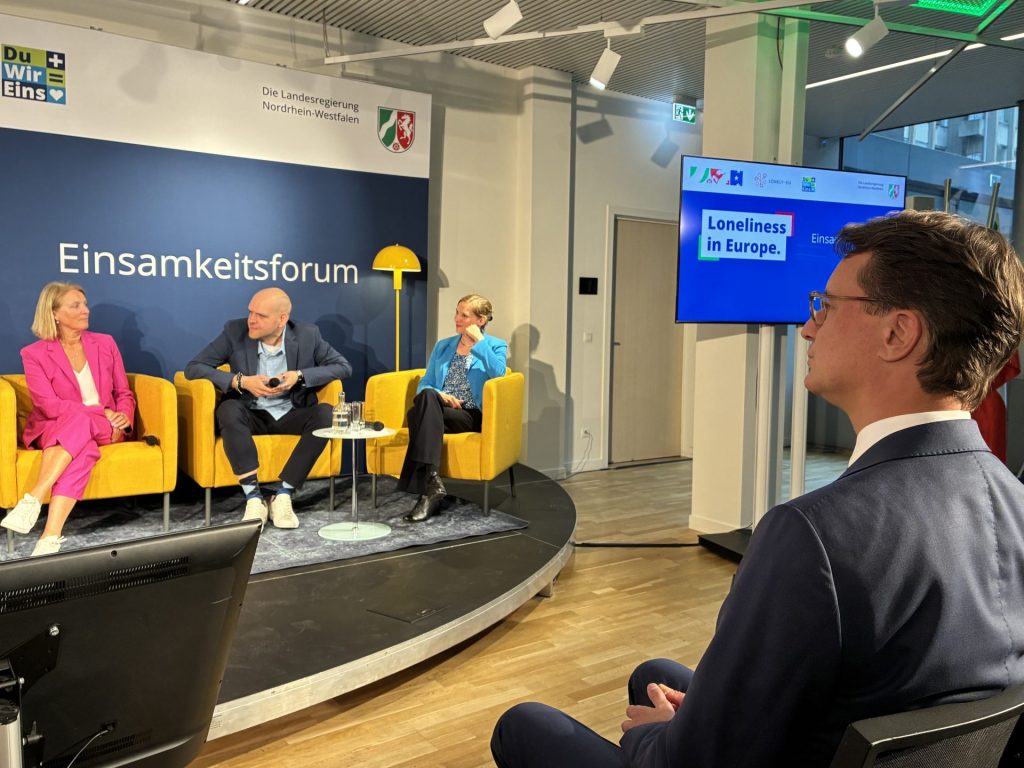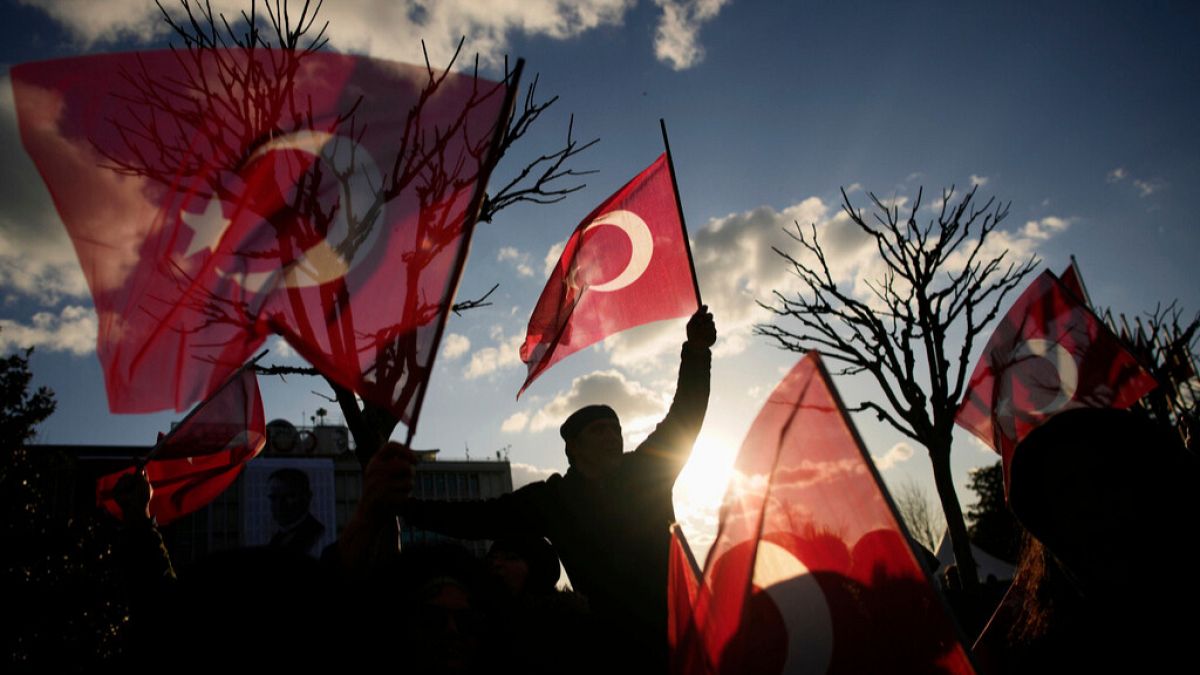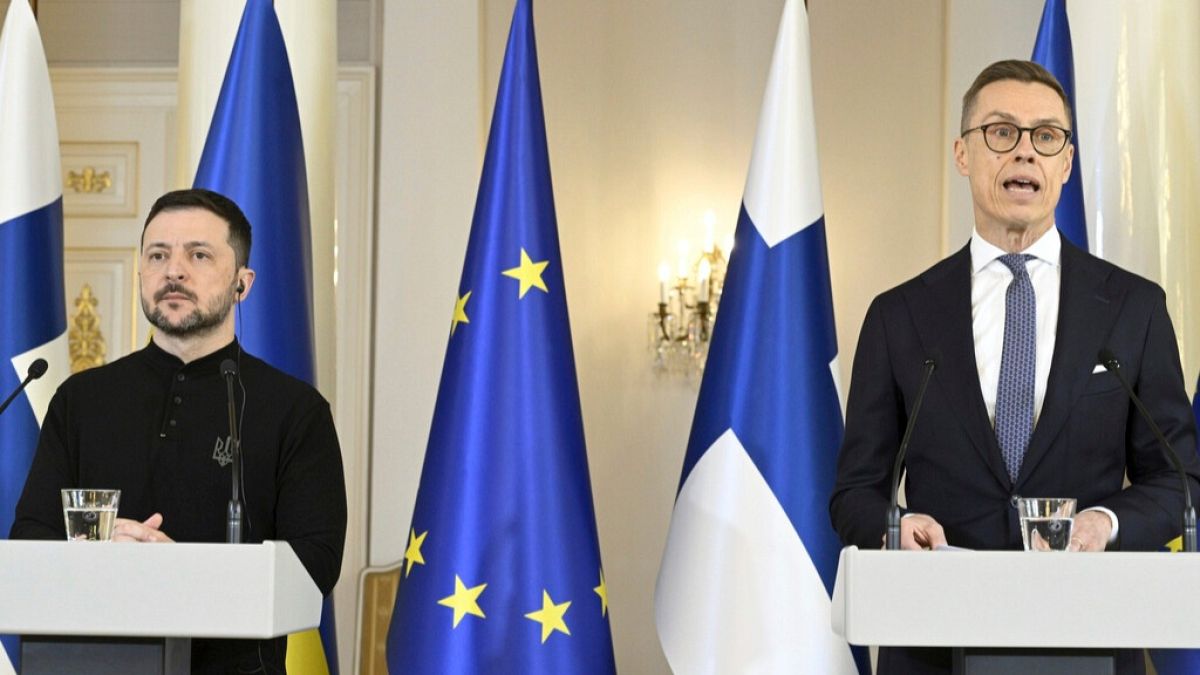Loneliness as a ‘silent pandemic’ in the EU: Project aims to develop solutions

Brussels (enr) – When people often feel lonely, it can have negative effects on society as well. The fight against loneliness must therefore be prioritized more strongly within the EU, experts and politicians demanded at the “Loneliness Forum,” which the state government of North Rhine-Westphalia hosted on Wednesday at its EU representation in Brussels.
The research project “The Social Isolation and Loneliness in Europe Network: Evidence-Based Policy Recommendations on its Causes, Consequences, and Monitoring” (LONELY-EU) was presented, which has been running since February 2025 and is funded by the EU with around three million euros.
Maike Luhmann, a psychology professor at Ruhr University Bochum, summarized the negative consequences of loneliness for individuals and the community. People who feel lonely are more often sick, less productive, and less creative, which means they contribute less to economic performance. At the same time, lonely individuals have a stronger tendency to radicalize politically or completely withdraw from participation in democracy.
The research on this topic is still quite young, Luhmann said. The LONELY-EU project therefore aims to establish a Europe-wide network of people and organizations that deal with the issue of loneliness and want to develop solutions together. So far, researchers from Poland, the Netherlands, Italy, France, and Germany are involved. Among other things, they want to measure loneliness more effectively: “We need more data and want to better understand existing data,” said Prof. Luhmann.
Luhmann referred to survey results from 2022 and 2024 regarding the prevalence of loneliness within the EU. According to this, 13 percent of people feel lonely always or most of the time, and 35 percent at least sometimes. At the same time, there are regional differences: In Ireland, for example, loneliness is more widespread than in Spain or the Netherlands.
The Minister-President of North Rhine-Westphalia, Hendrik Wüst, explained why he sees his state as a pioneer in combating loneliness and has made the issue a top priority. He took office during the Corona pandemic, Wüst said, and by the end of it, it was clear that loneliness itself was a “silent pandemic.” Wüst described the fight against loneliness as “the new social question of our time.” He referred to an action plan in his state, which compiled more than 100 measures across departments, as well as an online platform that summarizes more than 800 actions against loneliness. However, the problem is by no means solved: “We need to be persistent. Therefore, it is all the more important that we start.”

The EU Commissioner for intergenerational justice, youth, culture, and sport, Glenn Micallef from Malta, also referred to the societal challenges posed by loneliness. While younger people are often strongly affected, particularly those over 80 suffer greatly from the consequences of their loneliness. Ultimately, the problem affects all age groups. It is therefore important to have as many offerings as possible in culture and sports that bring people together.
The research results and proposals from LONELY-EU are to be presented in November 2027. (October 1)











































